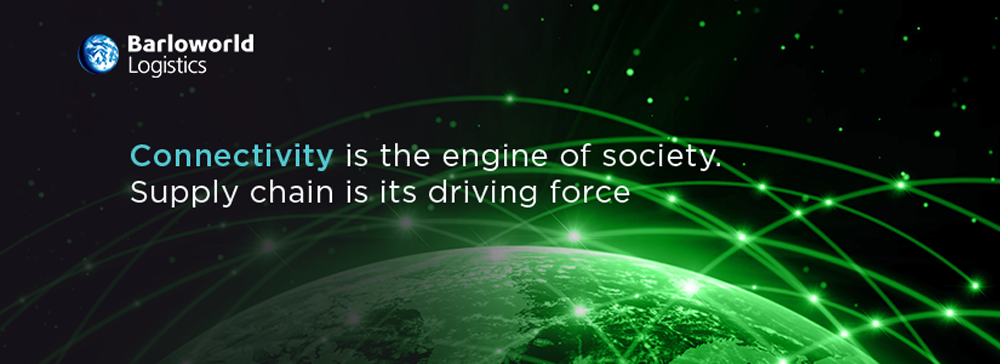
Over the coming months, Barloworld Logistics will be sharing a 12-part video series on Digital Innovation Insights, featuring Sello Lehong, Head of Innovation. In our first episode, we're taking a look at how 4IR and technology is changing the supply chain and logistics landscape.
How 4IR and rapid advances in technology will affect the supply chain and logistics industries
With the advent of the 4th Industrial Revolution and innovative technologies, the conventional market environment where businesses could previously dictate what customers need is a thing of the past. Consumers are now holding the reins, determining the kind of services and products they require.
Convenience is key to a seamless customer experience
As customer expectations continue to rise at the speed of light, convenience becomes crucial, given the ever-evolving consumer behaviours. The amount of data, readily available at their disposal enables customers to want more – they no longer make a comparison between company’s direct competition but to the best service they ever received. Tailor-made and seamless interactions, proactive service, the market of one and an always-on and always-connected service have become a reality and businesses have no choice but to conform and adapt. Indeed, the more agile and innovative a company supply chain is, the more satisfied their customers will be. It is undisputed that customers buy an experience and as such an effective supply chain creates elevated and engaged customer experience.
Data-driven supply chain management
In keeping up with the modern developments, digital technology powers the entire Supply Chain from planning through optimisation to execution, making real-time visibility a necessity. Furthermore, customers expect their supply chain to learn and adapt – rather than the obsolete supply chain business rules from the previous era. The conventional linear value-chain approach to supply chain has paved the way for a world of organised networks, placing the customer at the forefront of the supply chain, maintaining their diverse needs while creating a versatile and tailored experience.
Don't miss out on our next episode of our Digital Innovation Series, sign up to receive all 12 episodes straight to your inbox.




